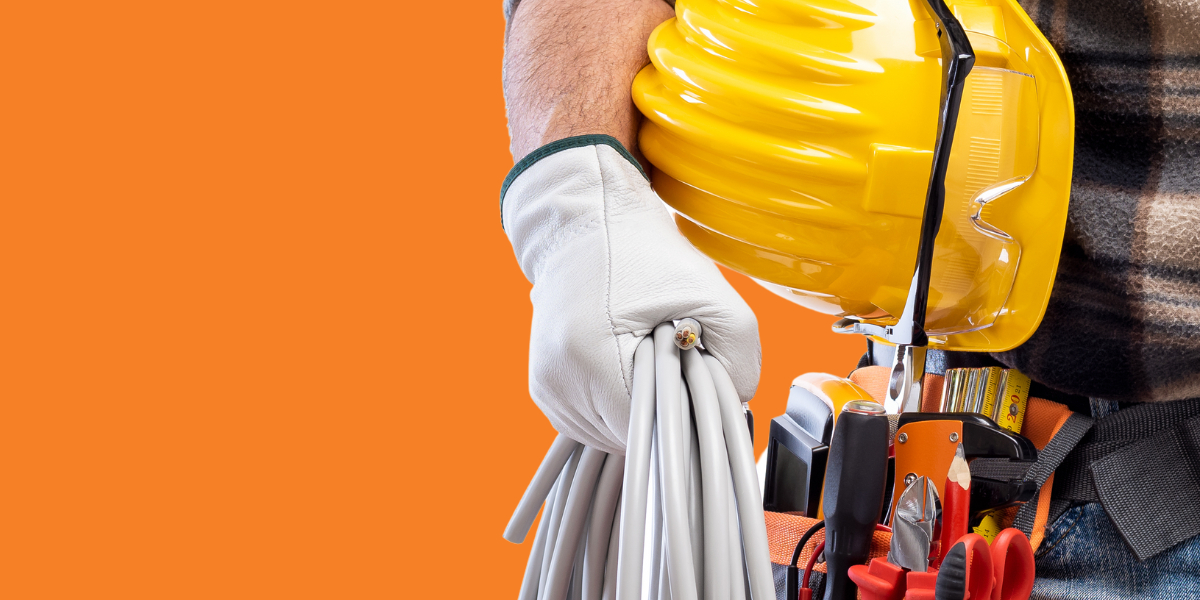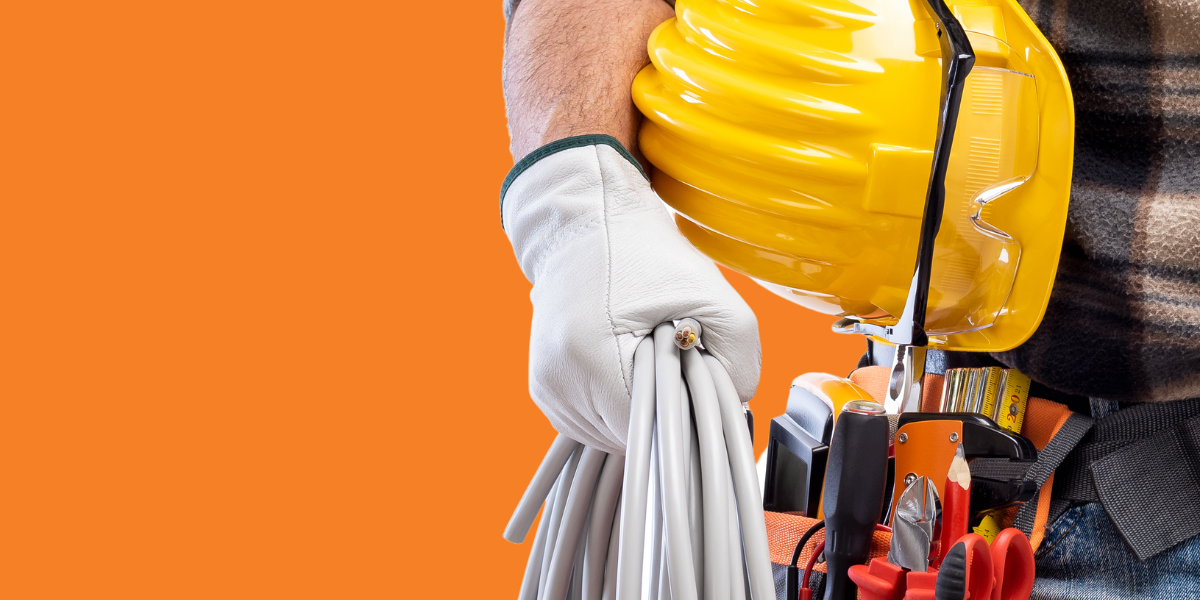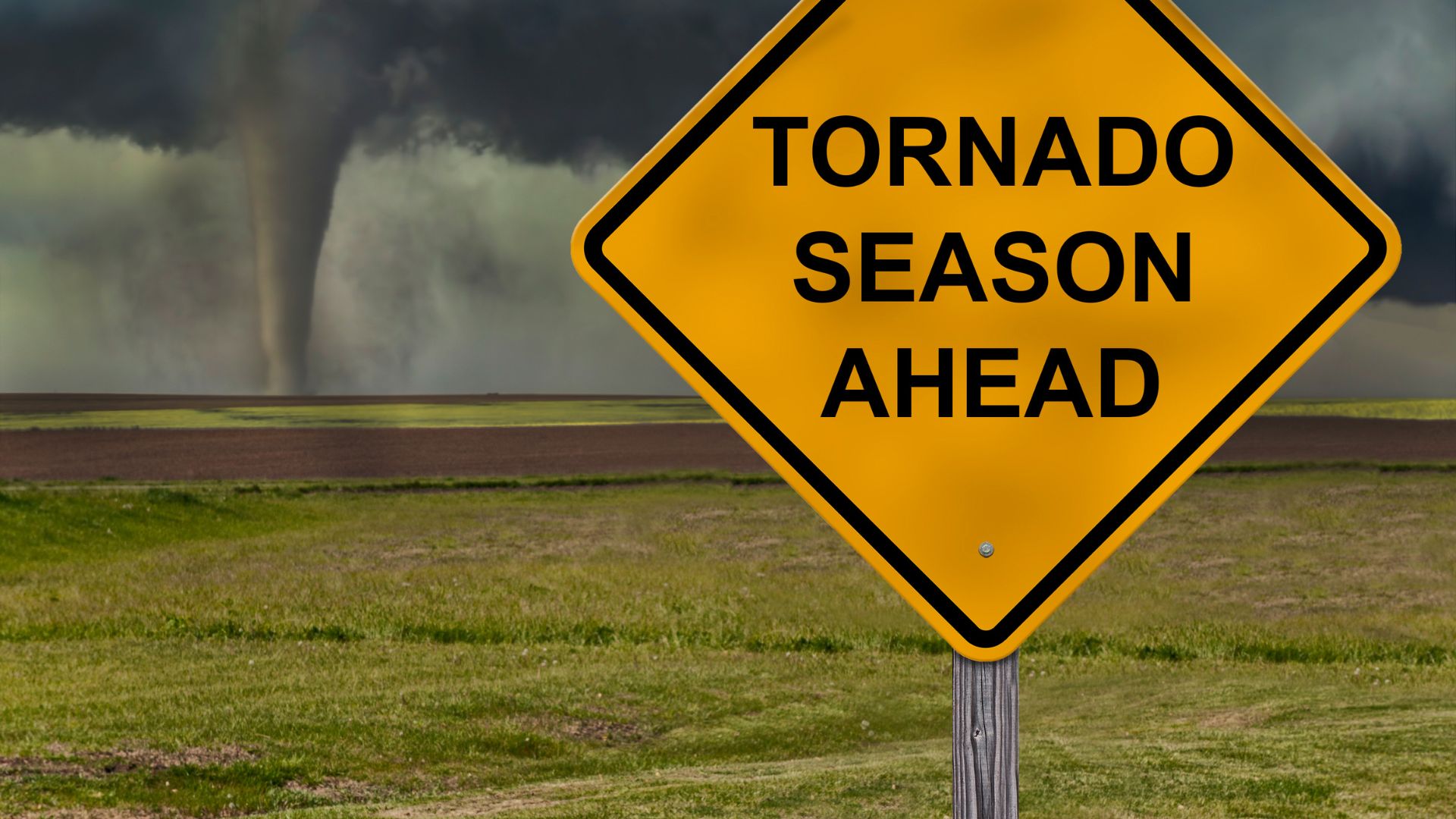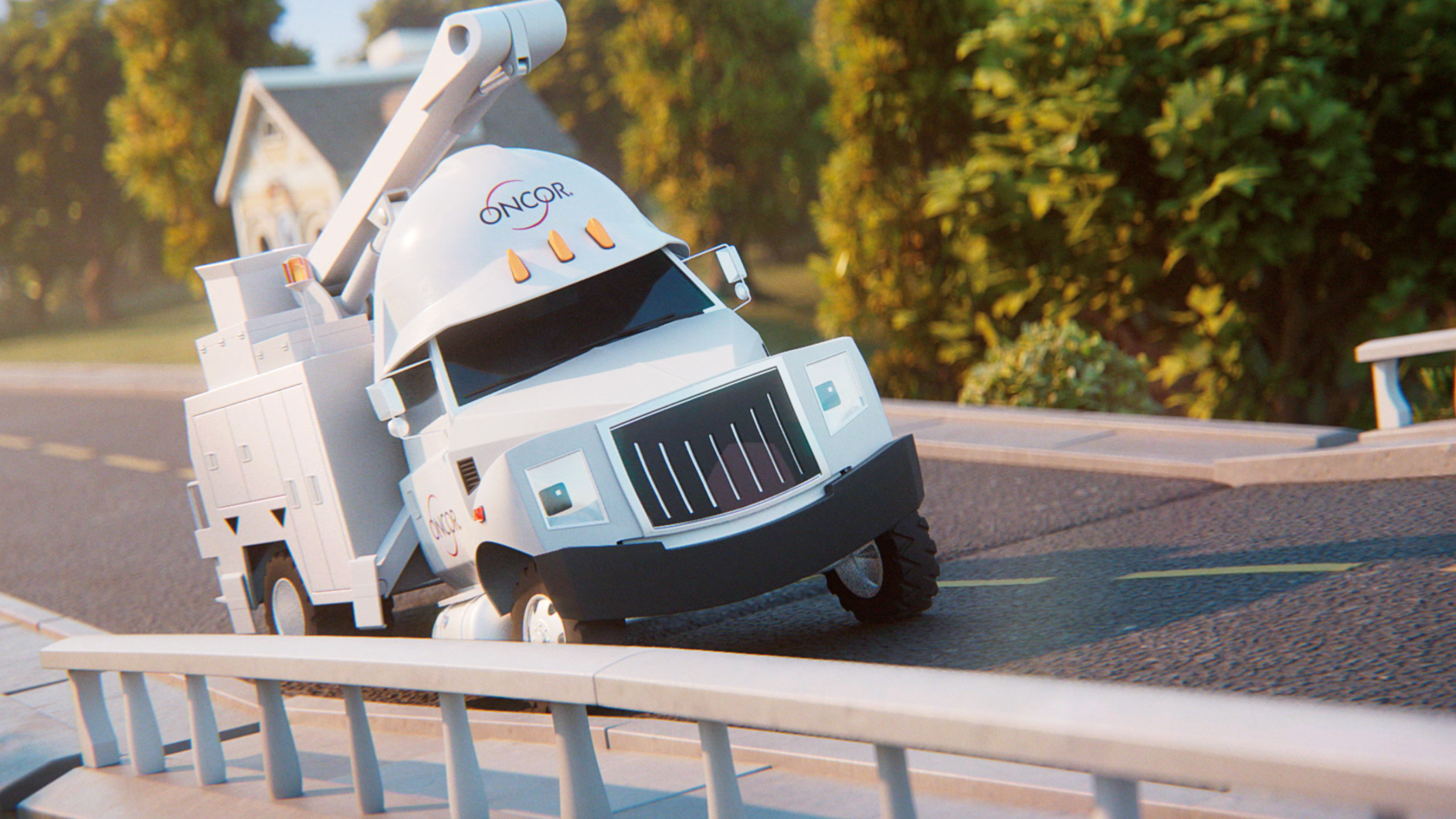-
Contact Us
-
General Inquiries/Service Requests:
- 888.313.6862
-
contactcenter@oncor.com
-
(Mon.-Fri., 8 a.m.-6 p.m. Central Time)
-
For Outages
- 888.313.4747
-
(24/7)
Oncor wants to make sure that workers, especially any who work around power lines and equipment, know how to prevent electrical hazards.
When working as a contractor, whether you’re trimming trees or handling construction equipment, electrical safety should be a priority. Following these safety tips will help protect yourself, your team and your workplace.
Avoid Contact with Power Lines
Overhead and buried power lines can pose serious risks, especially when working with large equipment or tools. Power lines carry high voltages and are usually not insulated, making it possible for workers to suffer burns, electrical flashes or even electrocution if they come into contact with them.
To stay safe:
- Always maintain at least a safe distance from overhead power lines when operating equipment or working in the area. Per Texas state law, only line clearance certified personnel who are approved by Oncor are authorized to work (themselves or their equipment) within 6 feet of high voltage lines. OSHA requirements state that non-qualified personnel should stay a minimum of 10 feet away from high voltage lines. If there is any risk that people, equipment or material will be brought within those distances, contact Oncor to discuss de-energizing the line.
- Request a Temporary Disconnect when trimming near the service line. If you will be trimming trees near the service line running across a property from the pole to the electric meter, please contact Oncor at 888.313.6862 to request a temporary disconnect and reconnect. This allows Oncor to temporarily lower the service line to the home or business, thereby allowing you to safely prune the trees.
- Identify buried power lines by calling 811 before any digging or ground-breaking activities to identify wire locations.
- When working near power lines, always use non-conductive tools and ladders made of fiberglass or wood.
Locate and Identify Utilities Before Starting Work
In the construction industry, it’s critical for electrical safety to locate and identify utilities, including power lines, underground wires and other electrical installations before beginning any work.
- Survey the worksite for overhead power lines, underground cables and other potential electrical hazards.
- Mark the locations of utilities and communicate the information clearly to everyone involved in the project to prevent accidents.
- Avoid operating heavy equipment near identified utility lines unless you have taken necessary precautions.
Ground Electrical Equipment
Electrical equipment and tools can become hazardous if damaged or not maintained properly. Exposed wires, worn cords or faulty equipment can cause serious electrical injuries. To reduce the risk of electrical shock or fire:
- Ensure all equipment is grounded properly. Use ground-fault circuit interrupters (GFCIs), double-insulated equipment or equipment with a third prong to direct electrical faults safely away from your body.
- Inspect tools regularly for visible damage, and always check them before use.
- Label and remove faulty equipment from service until it is repaired or replaced.
Use Power Tools Safely
Power tools are essential for both tree trimming and construction, but they can present electrical risks. To ensure safety when using electrical tools:
- Inspect tools regularly and perform a test before each use to ensure they are functioning properly.
- If you notice smoke, sparks or feel a slight shock, immediately tag the tool and take it out of service for repairs.
- Always disconnect power tools when changing blades, bits or making adjustments to prevent accidental activation.
- Store tools in dry, safe areas when not in use and never carry them by the cord. Keep cords clear of walking areas to avoid tripping hazards.
Wear Protective Clothing
Electrical safety extends to the clothing you wear. Moisture, oils and sweat can increase the risk of electrical shock, so it's essential to wear the right protective gear.
- Wear rubber gloves and rubber-soled boots when working in areas where electrical equipment is used, especially in damp or wet environments.
- Use rubber floor mats in areas prone to moisture to ensure added insulation and reduce electrical risks.
Always Use Ground-Fault Protection
Ground-fault protection is a critical part of any electrical safety plan. Construction workers are especially vulnerable to electrical hazards due to the temporary nature of many job sites and the high use of power tools. Always ensure that:
- Ground-fault protection is used whenever working with portable electric tools.
- Tools and equipment are either grounded or double-insulated to protect against electric shock.
Maintain Housekeeping Standards
Maintaining a clean work environment is an important, yet often overlooked, part of electrical safety. Clutter and debris can create tripping hazards and increase the risk of sparks causing fires.
Here’s how you can keep your worksite safe:
- Store chemicals, gases and flammable liquids away from where electrical tools are used.
- Keep walkways and work areas clean and clear so that workers can quickly access power shutoffs in the event of an emergency.
- Ensure that electrical panels and power shutoffs are easily accessible to all workers in case of an emergency.
Electrical safety is a shared responsibility. Whether you're trimming trees near power lines, working on a construction site or using electrical tools, following the right safety precautions can mean the difference between life and death. Oncor encourages all contractors to stay vigilant about electrical hazards.
By maintaining a safe distance from power lines, grounding electrical equipment, wearing proper protective clothing and keeping your worksite organized, you’ll minimize the risks and keep yourself and your crew safe. If you ever have questions or need more information on electrical safety practices, don't hesitate to reach out to Oncor.








